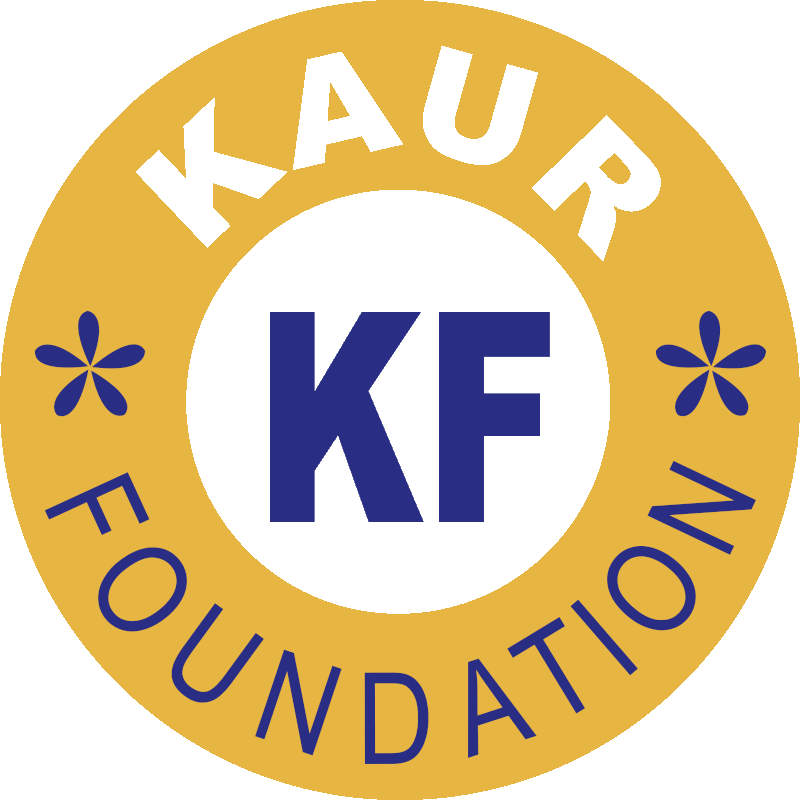
WHO WE ARE
The Kaur Foundation is a national non-profit organization that partners with the country’s school systems to bring education about Sikh Americans into K-12 classrooms through school curriculum materials and teacher training.
-

OUR VISION
We envision a society that promotes cultural awareness and inclusiveness for all.
-

OUR MISSION
We strive to bring communities together through educational initiatives that encourage dialogue and foster cultural inclusion.
-

AREAS OF WORK
- Creating Sikh teaching resources for classrooms.
- Institutionalizing Sikh learning through curriculum.
- Providing teacher training on Kaur Foundation resources.
OUR STORY
Kaur Foundation was established in 2002.
The experiences of the Sikh American community post 9/11 highlighted the paucity of public awareness about the Sikh identity in America and the lack of curriculum-based education about Sikhs in the school system. Despite being the fifth largest religion in the world, Sikhism is rarely covered in the classroom, and much of the burden for the need to educate teachers and school administrators about the Sikh identity falls on the shoulders of Sikh families.
After identifying the need, we (a small group of Sikh parents in Maryland) conducted focus groups with the community to ensure there was community support for an organization that would focus on bringing education about Sikhism into the classroom through curriculum.
The community recognized the need for such an organization and was very supportive of the initiative. Many of those who initially got involved with the organization had young children in public school, so they were able to see the immediate need for this kind of work. Many others, however, gave their time to KF even though they had no direct personal interest. They did it because they believed in the cause. They believed that through education and dialogue we can build more inclusive communities.
Our Approach
Kaur Foundation seeks to raise awareness of cultural and religious literacy about and within the Sikh-American community. We do this by equipping students, teachers, and classrooms with resources and training that encourage deeper understanding of the Sikh American experience and dialogue about the necessity of building inclusive communities.
All of our work is informed by four key principles:
-
Kaur Foundation bases all of its work in a framework of cultural and religious literacy, an integrated set of knowledge, skills, and attitudes crucial for participation in a pluralistic society. Our primary goal is to increase knowledge and understanding about the Sikh tradition, but we assert that this knowledge and understanding should be part of a greater understanding of all religious traditions. We are informed by the work of leading religious literacy scholars and educators.
NCSS statement on teaching about religion
American Academy of Religion’s Guidelines for Teaching about Religion in K-12 Public Schools in the United States -
As we envision “a society that promotes cultural awareness and inclusiveness for all”, we are guided by First Amendment principles that call for the protection of the religious liberty rights of people of all religions and none. A classroom is a place for education about religions and not for the promotion of any tradition over another. We apply the 3Rs of religious liberty—Rights, Responsibility, and Respect—in our curriculum materials, teacher training, and other activities.
Consensus Statement on Religion in the Public Schools
● The school’s approach to religion is academic, not devotional.
● The school strives for student awareness of religions, but does not press for student acceptance of any religion.
● The school sponsors study about religion, not the practice of religion.
● The school may expose students to a diversity of religious views, but may not impose any particular view.
● The school educates about all religions; it does not promote or denigrate religion.
● The school informs students about various beliefs; it does not seek to conform students to any particular belief.
-
All of our curriculum materials are designed to align with state curriculum standards to make it easy for educators to integrate the study of Sikhism into the classroom. In addition to state standards, we draw on the National Council for the Social Studies C3 Framework for College, Career, and Civic Life, and the Common Core State Standards for Literacy in History/Social Studies (grades 6-12). While our curriculum materials currently only reference a few states, we are actively working to catalog the relevant standards for as many states as possible to be able to provide those references. (Please reach out if there is a state that you would like us to move to the top of our list.)
-
We want to ensure that teachers are equipped with the necessary knowledge and skills to be able to confidently use our curriculum materials and to work with Sikh students and students of all backgrounds. We seek the input of both students and teachers to inform our curricular materials, training, and other activities. The voices of the Sikh community, and especially of Sikh students, are central to all that we do.
“Every person has rights. We all have the responsibility to protect the rights of others, including people who are different. We all have the duty to be respectful toward other people, even when we disagree.”
Want to know more?

